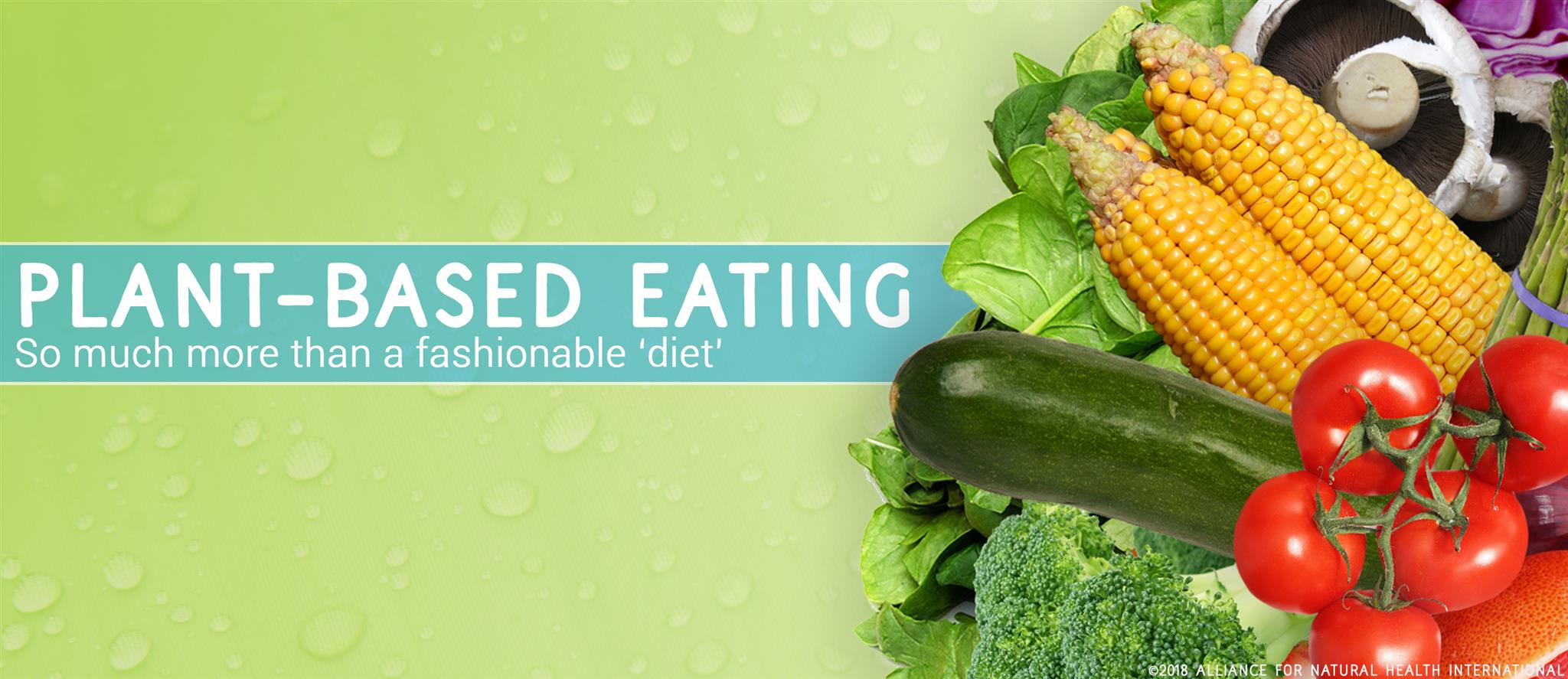Nourish Naturally: The Power Of Plant-based Eating

Executive Summary

Adopting a plant-based diet offers numerous benefits for health, the environment, and animal welfare. This comprehensive guide unveils the scientific evidence behind the transformative power of plant-based nutrition, providing actionable tips and resources to support a healthy and ethical transition.

Introduction
In recent years, the popularity of plant-based eating has surged, driven by growing awareness of its profound benefits for physical well-being, environmental sustainability, and animal compassion. This guide explores the science behind the power of plant-based nutrition, empowering individuals to make informed choices that nourish their bodies and the planet.
FAQs
1. What exactly is a plant-based diet?
A plant-based diet primarily emphasizes whole, unprocessed plant foods such as fruits, vegetables, whole grains, legumes, nuts, and seeds, while minimizing or eliminating animal products (meat, poultry, fish, eggs, dairy).
2. Is a plant-based diet nutritionally adequate?
With proper planning, a plant-based diet can provide all the essential nutrients the human body needs. Key sources include protein from legumes, nuts, and seeds; iron from leafy greens and fortified foods; calcium from fortified plant milks and leafy greens; and vitamin B12 from nutritional supplements.
3. What are the primary health benefits of a plant-based diet?
Numerous studies associate plant-based diets with a reduced risk of chronic diseases such as heart disease, stroke, type 2 diabetes, certain cancers, and obesity. It also promotes a healthy gut microbiome and may improve mood and cognitive function.
Subtopics
1. Cardiovascular Health
– Enhanced Lipid Profile: Plant-based foods are naturally low in saturated fat and cholesterol, while rich in fiber and antioxidants, which help lower LDL (“bad”) cholesterol levels.
– Reduced Inflammation: Plant-based diets have anti-inflammatory properties, combating chronic inflammation linked to cardiovascular disease.
– Improved Blood Pressure: Whole grains, fruits, and vegetables are excellent sources of potassium, which helps regulate blood pressure.
2. Cancer Prevention
– Antioxidant Protection: Plant foods are rich in antioxidants such as vitamins C, E, and carotenoids, which neutralize free radicals that damage cells and contribute to cancer development.
– Fiber Content: Fiber promotes healthy gut function, which supports the immune system and may protect against certain types of cancer.
– Reduced Inflammation: Chronic inflammation is linked to increased cancer risk, and plant-based diets effectively reduce inflammation.
3. Weight Management
– Lower Calorie Density: Plant-based foods are generally lower in calories than animal products, making it easier to maintain a healthy weight.
– Satiety and Fiber: Fiber provides a feeling of fullness and promotes satiety, reducing overall calorie intake.
– Improved Metabolism: Some studies suggest that plant-based diets may boost metabolism compared to animal-based diets, enhancing weight loss efforts.
4. Environmental Sustainability
– Reduced Greenhouse Gas Emissions: Animal agriculture is a major contributor to greenhouse gas emissions. Plant-based diets significantly reduce these emissions.
– Water Conservation: Meat production requires vast amounts of water, while plant-based foods are typically more water-efficient.
– Land Use: Plant-based agriculture requires less land than animal agriculture, reducing deforestation and habitat loss.
5. Animal Welfare
– Reduced Suffering: Intensive animal agriculture practices often result in animal pain and distress. Plant-based diets eliminate this suffering.
– Humane Slaughter: Animals raised for food in factory farms are often subjected to inhumane slaughter practices. A plant-based diet eliminates the need for such practices.
– Conservation of Wild Animals: Animal agriculture contributes to the extinction of wild animals through habitat destruction and climate change. Plant-based diets protect wildlife and ecosystems.
Conclusion
Embracing a plant-based diet is a powerful choice that nourishes both the individual and the planet. The scientific evidence overwhelmingly supports the numerous health, environmental, and ethical benefits of this dietary approach. By transitioning to a plant-based lifestyle, individuals can improve their well-being, reduce their environmental footprint, and contribute to a more compassionate and sustainable world.
Keyword Tags
- Plant-based diet
- Cardiovascular health
- Cancer prevention
- Weight management
- Environmental sustainability